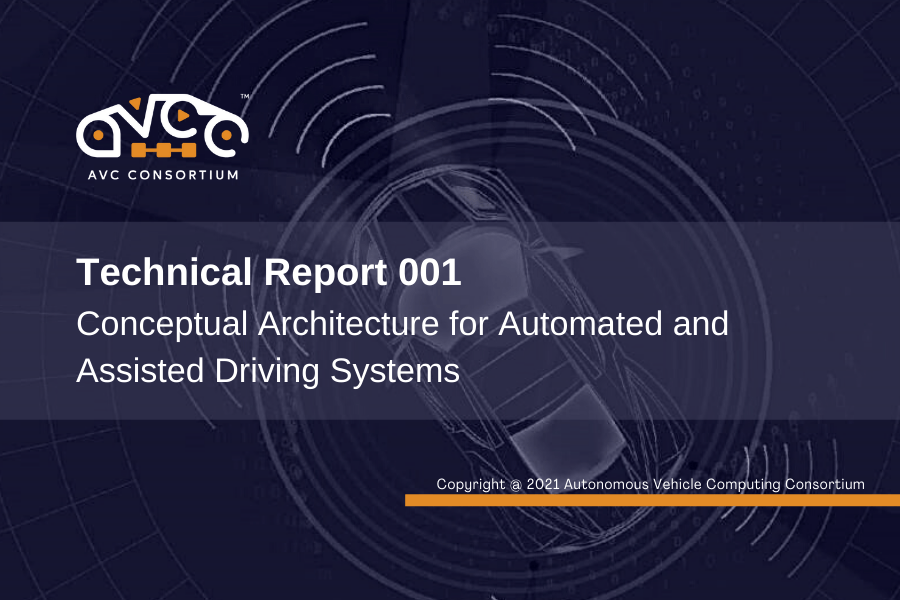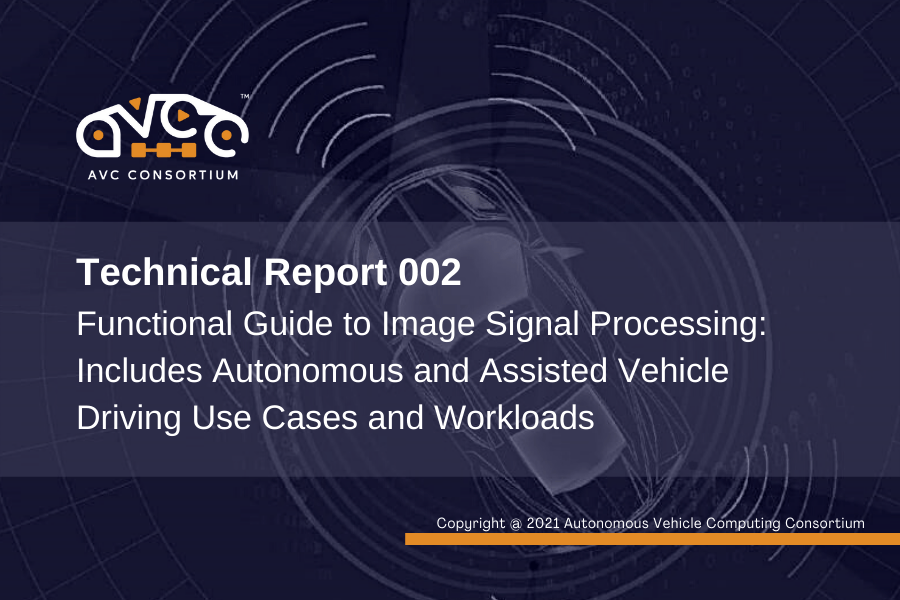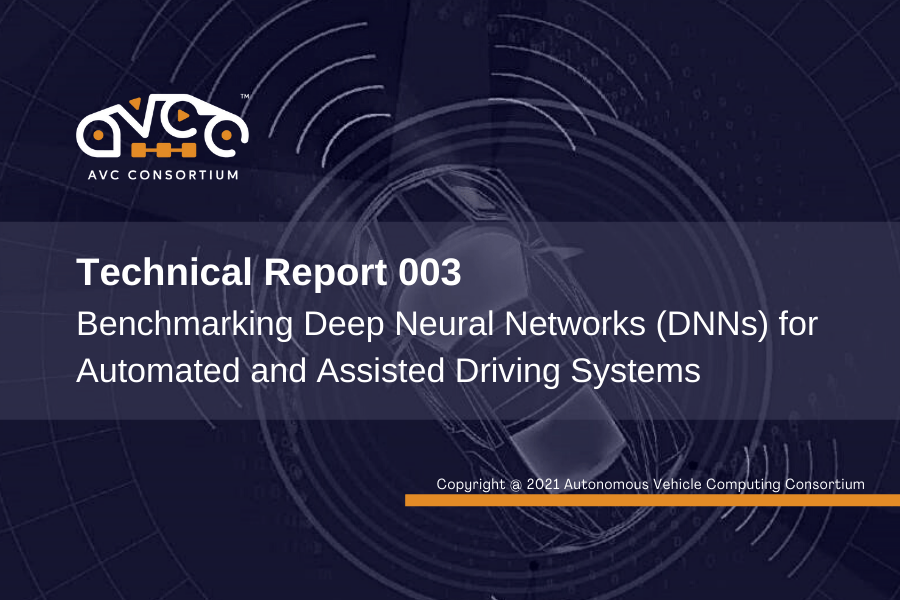Please complete the following form to access the report download:
About the Report: TR-004 Models and Datasets for Benchmarking Deep Neural Networks for Automated and Assisted Driving Systems
The use of Deep Neural Networks (DNNs) has become a foundational enabler in attaining driving capabilities needed for higher levels of autonomy. They have the potential to solve problems that previously seemed impossible, e.g., for perception, prediction, and planning. Automotive and autonomous companies are gradually increasing their capabilities in this area, where the compute platforms and quality of models, and by association training and datasets, can often create more differentiation for such companies, than the raw number of sensors or resolution of sensors alone.
In the automotive industry, OEMs and Tier-1s commonly send out requests for information (RFIs) and requests for quotation (RFQs) to vendors to understand a solution’s compute performance and system resource requirements. This is a crucial step when assessing whether the sourced part is a suitable choice when designing the next-generation compute platform.
Real Vehicle Pipeline versus AVCC Benchmark Pipeline
Traditionally, some relatively simple benchmarks have been used, but as the complexity of software has increased with higher levels of automation, these benchmarks no longer provide sufficient information when making important design and sourcing decisions.
In TR-003 (Dec 2021), AVCC presented recommendations on the conditions for and reporting of benchmarking of deep neural networks (DNNs) for automated and assisted driving use-cases.
Automated driving requires a unique combination of sensor suite, computational capacity, and capability to handle different types of tasks, and therefore creates the need for a differentiated set of models and datasets which are much more specialized than what is currently used in industry benchmarks today.
TR-004 complements TR-003, and presents the types of tasks, datasets, model types, and attributes of existing models suitable for near real-time inference in automated and assisted driving systems (L2+ and higher levels) applications. A recommended subset of models and datasets that are suitable for benchmarking various compute platforms will be presented.
In a future Technical Report (planned for release in 2023), AVCC will present recommendations for the scenarios which could be considered when performing such benchmarking.
The combination of these three Technical Reports will enable different automotive players to use a common benchmark for DNNs that is directly applicable to the specific requirements and scenarios present in Automated Driving and Advanced Driver Assistance Systems.




